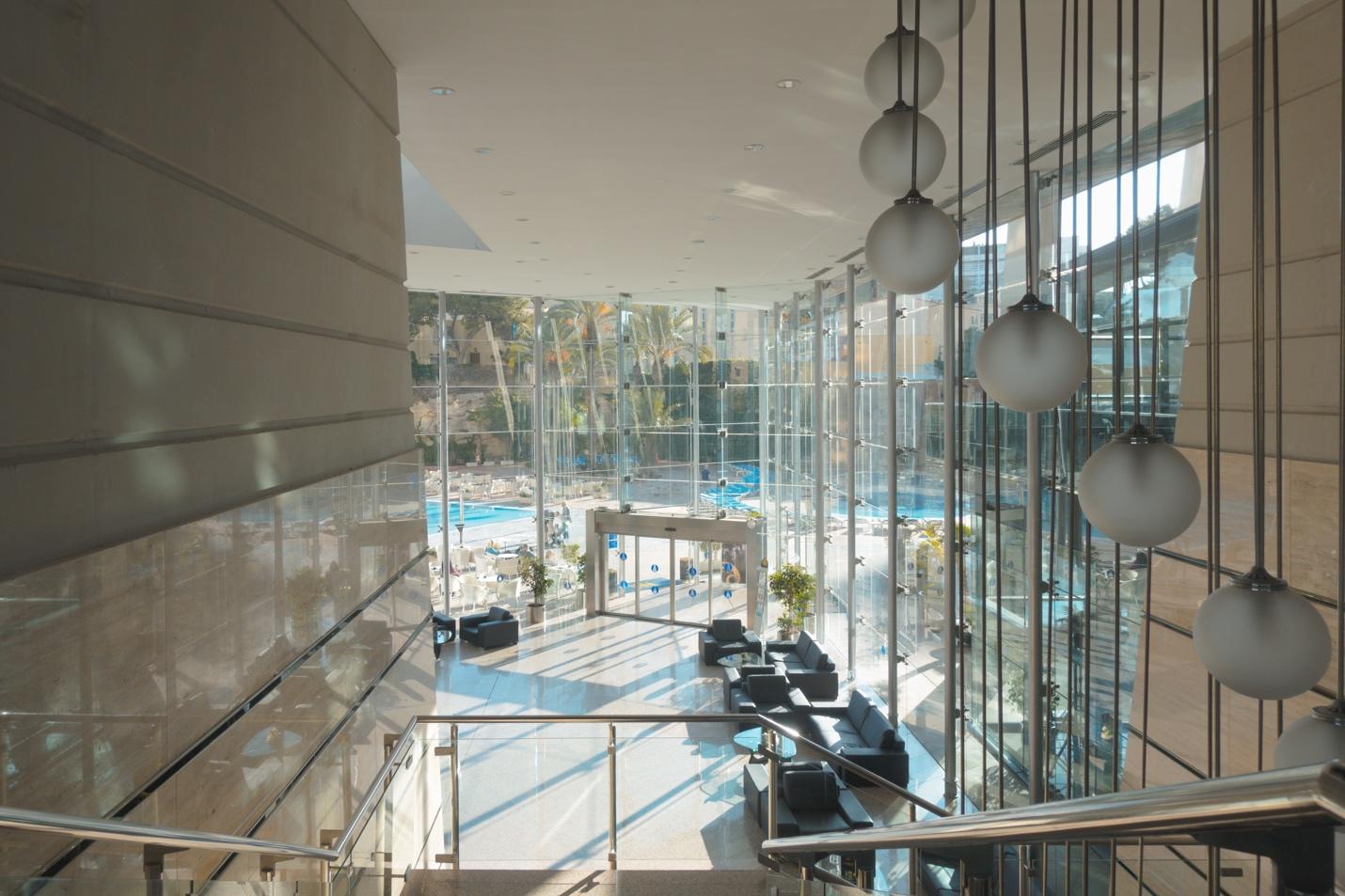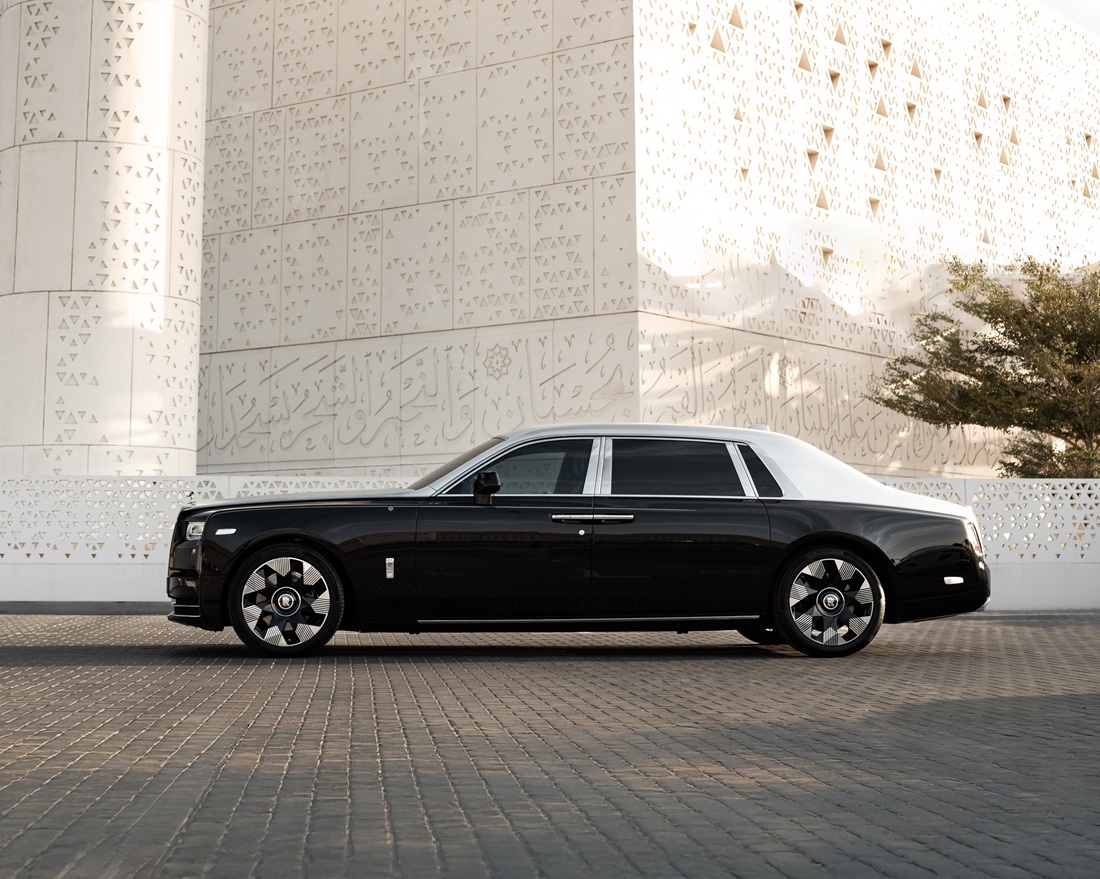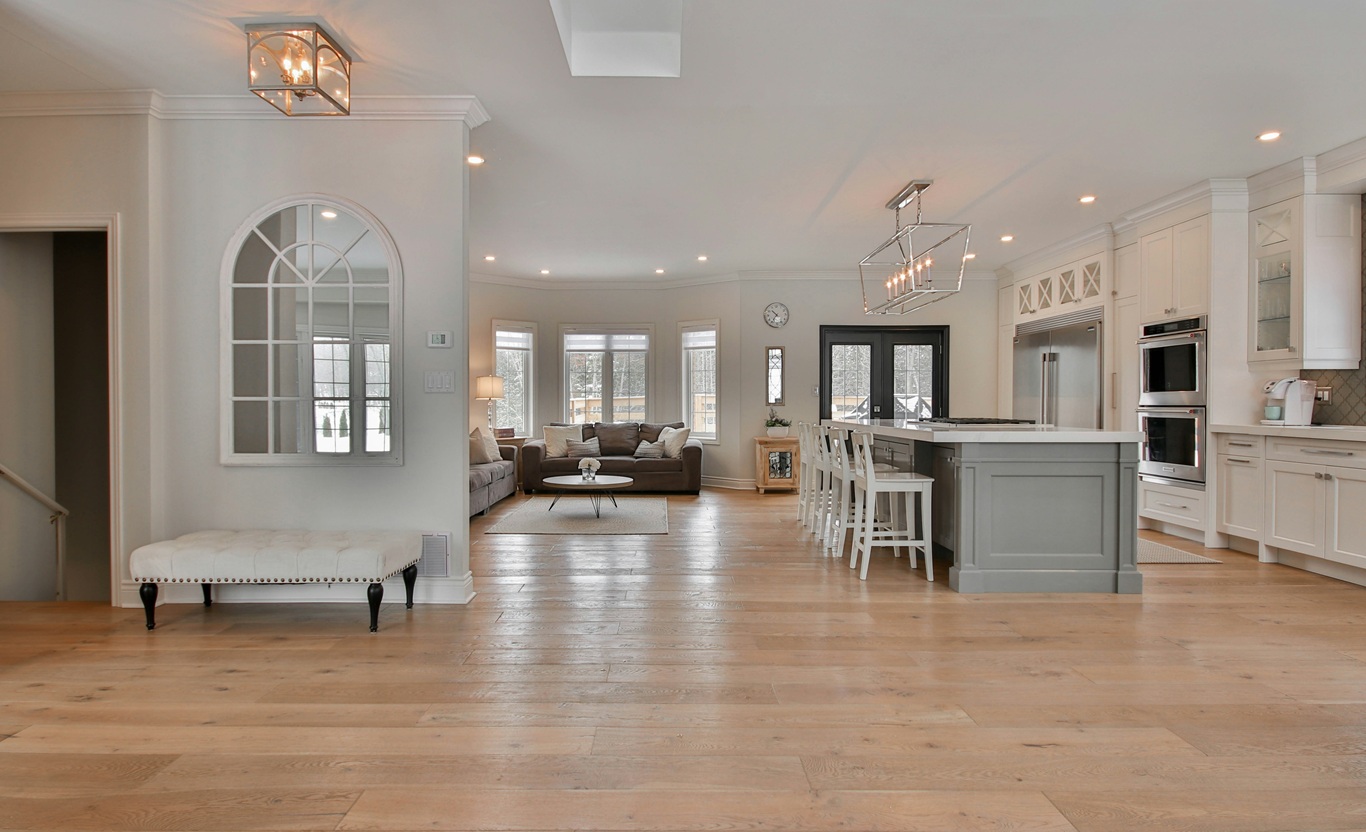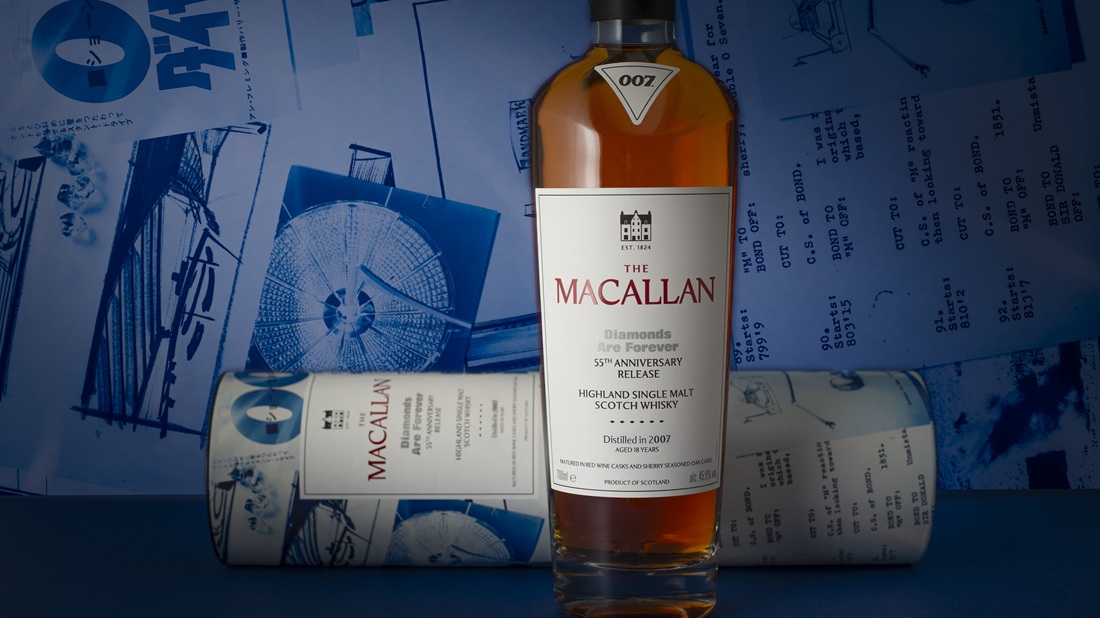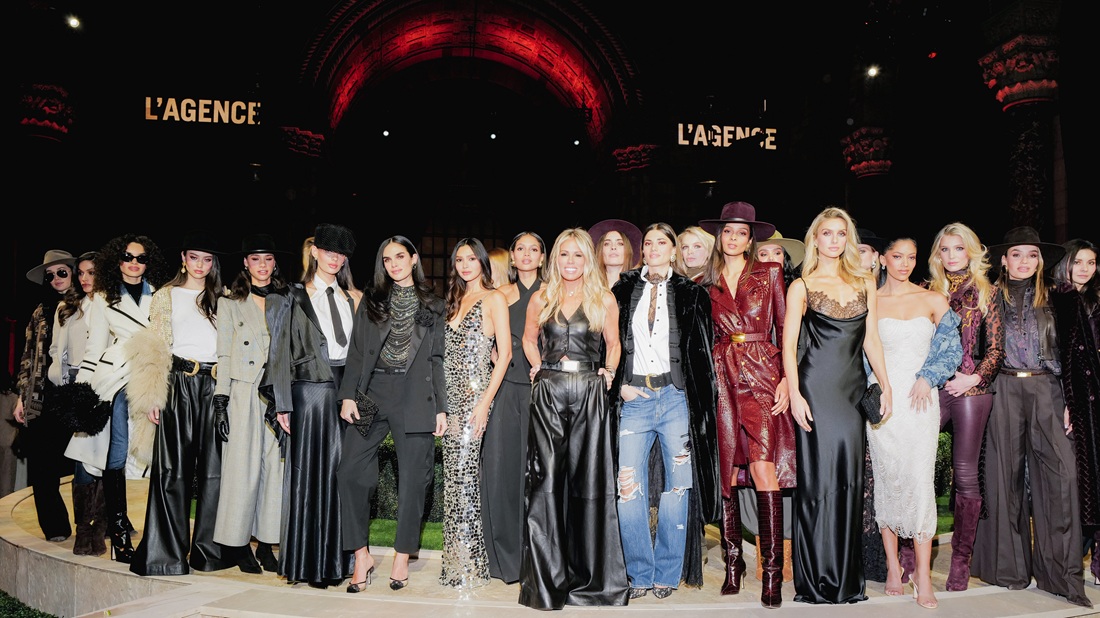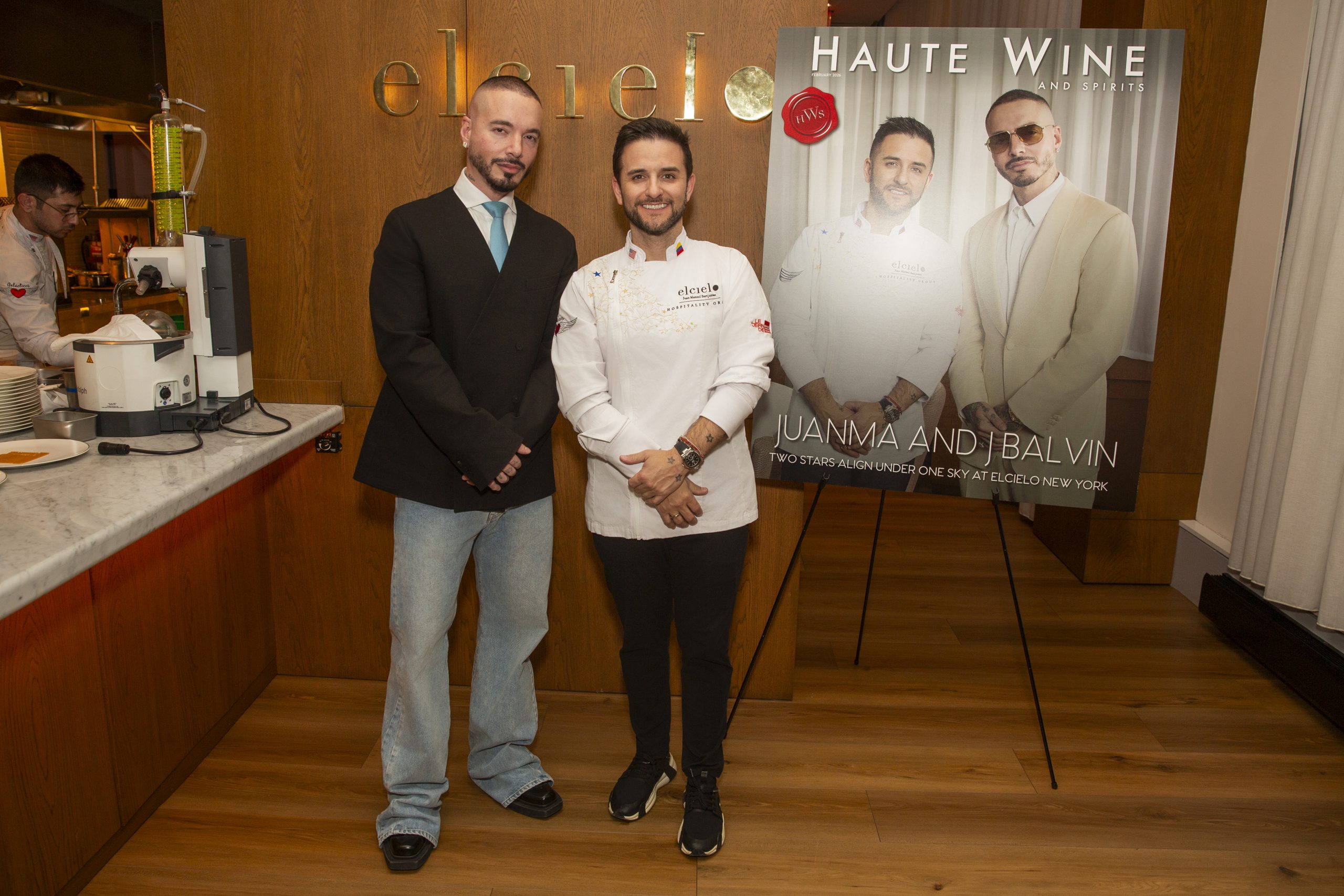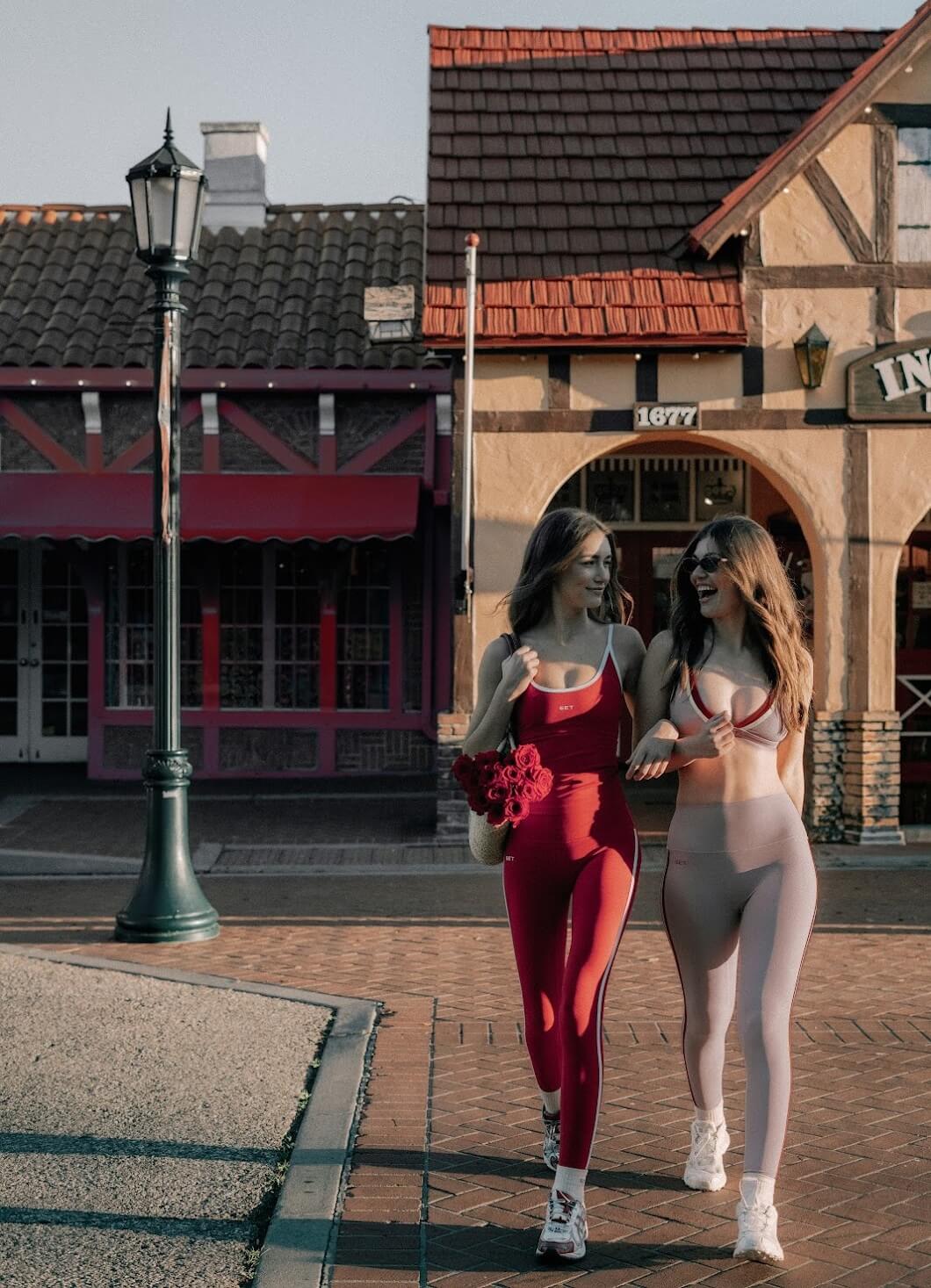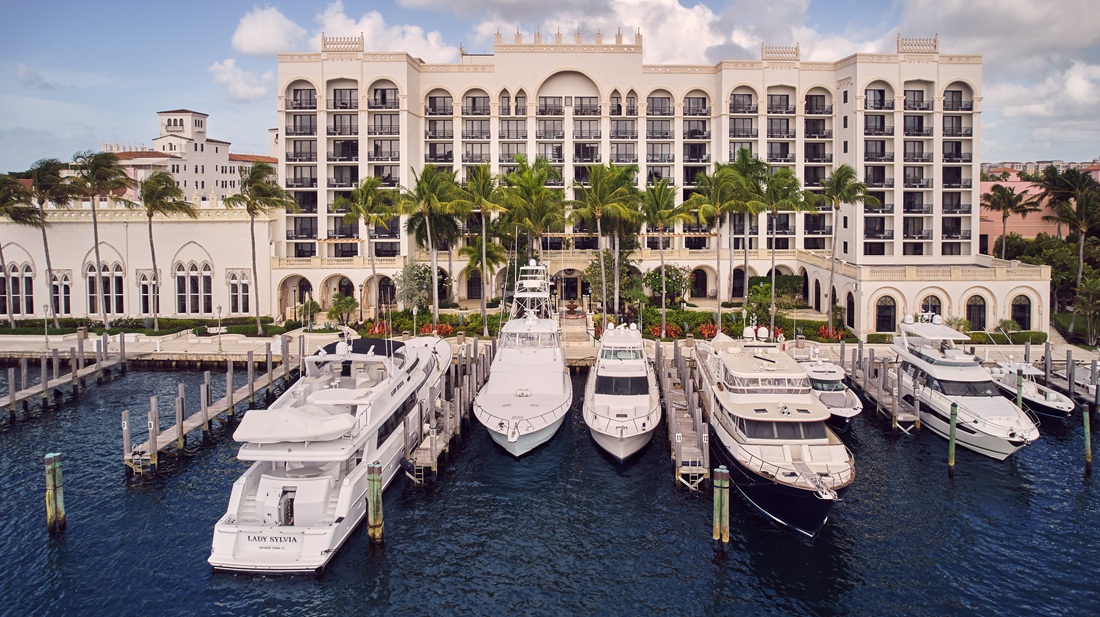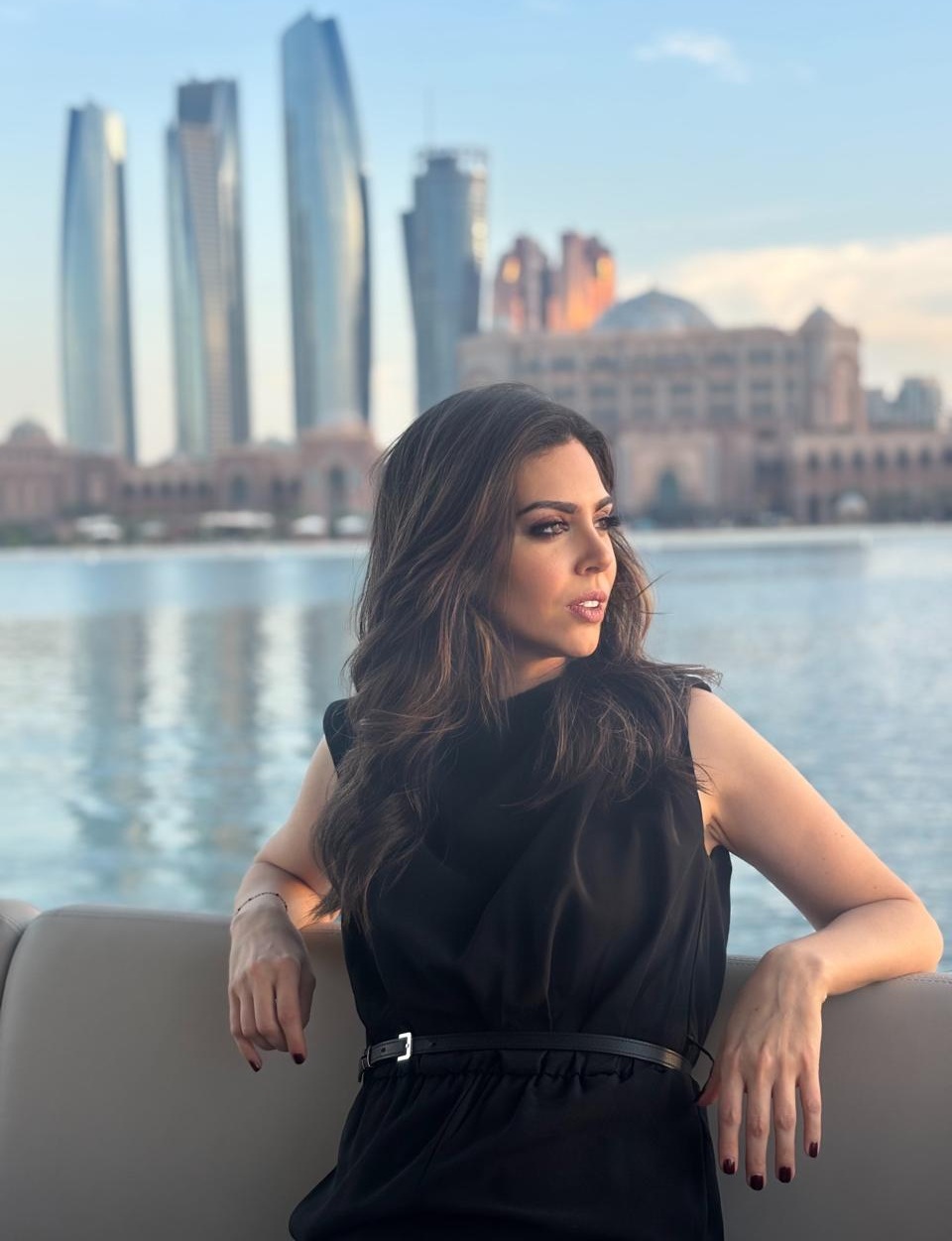Christie’s Expert on the Gems to Buy Now
Tom Burstein, head of Christie’s U.S. jewelry department, takes the pulse of the market for diamonds and colored stones in advance of Christie’s Magnificent Jewelry auction to be held on April 26 at the company’s headquarters in New York. Here’s what this expert has to say about the gems to buy now.
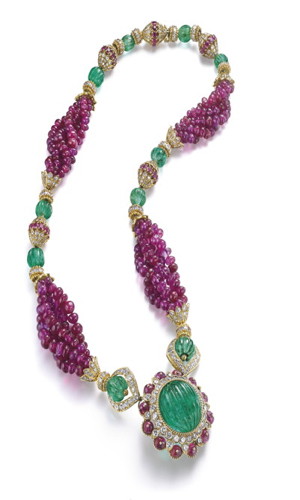
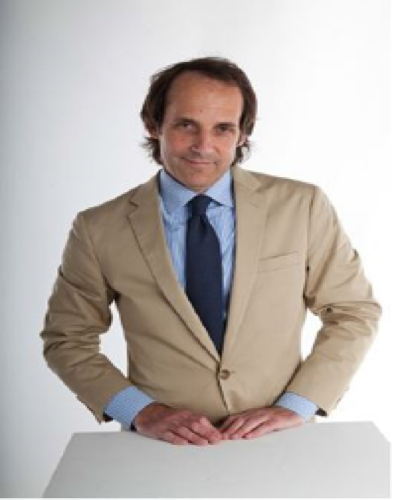
How have gems held up in terms of appreciation when compared to other hard asset categories like gold and wine?
Gems have less volatility than other commodities. There’s been a very strong increase in value across the board for white diamonds, fancy diamonds, and traditional colored stones—rubies, emeralds, and sapphires—as compared with the 2000–2005 period. In recent years, however, the appreciation rate has flattened out a bit. With gems there’s slower movement than with other hard asset or art categories, and it doesn’t produce the kind of speculation you find in the gold market. We don’t tell clients to expect prices to be at a certain level in the short or medium term, but most of what we have been discussing has seen steady growth.
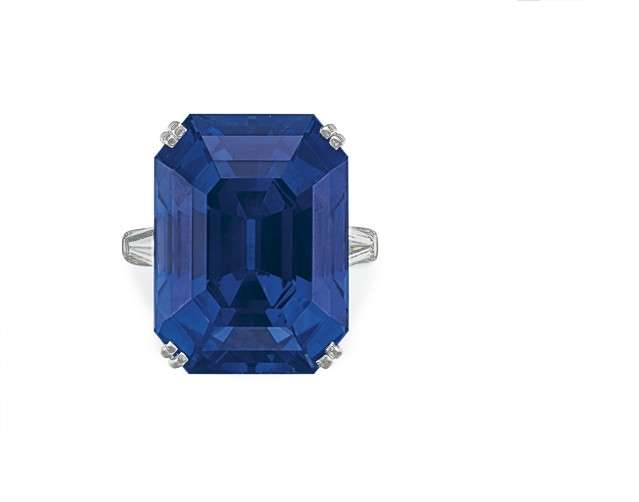
Of the big four—diamonds, rubies, emeralds, and sapphires—which gems have been appreciating fastest?
In the last five to seven years, such colored stones as rubies, emeralds, and sapphires have seen strong appreciation in particular categories: for example, Kashmir sapphires, Ceylon sapphires, Colombian emeralds that haven’t been treated or only with a minor amount of oil, and unheated Burma rubies. In the past few years, we’ve had four stones that have reached over $1 million a carat. Certain colorless diamonds haven’t seen the same strength in demand. Part of the reason is that buyers are willing to buy a slightly inferior-quality diamond that looks the same to the untrained eye as the better stone. They don’t want to pay 50 percent more for the better diamond.

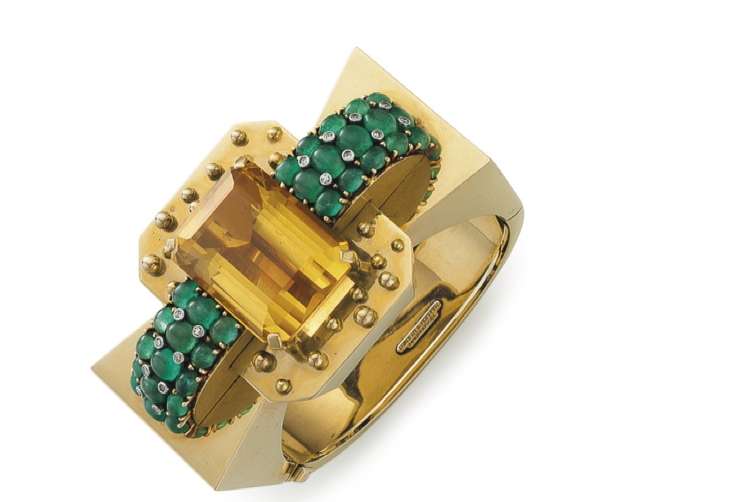
Does that flexibility with eye-clean acceptance pertain to colored stones?
We see a distinct polarization in the market with colored stones across price classes. It’s difficult to find demand for stones of marginal quality.
Of the big four stones, which are the hardest to find with the best quality and what do these rarities sell for?
A top Burma ruby can sell for over a million dollars per carat; the
best Kashmir sapphires for over $200,0000 a carat; top emeralds for over $100,000 a carat. Pink and blue diamonds can fetch $3 million to $4 million a carat—green diamonds as well, although it’s a less common gem and not as well understood.
Which branded jewelry has appreciated most in the last few years?
Van Cleef & Arpels and Art Deco– period Cartier do remarkably
well. People clamor for the Cartier pieces—there’s nothing like them. Graff and Harry Winston diamonds sell very well too. In the past several years, we’ve seen a new strength with Bulgari jewelry. Clients love the expressive use of color and yellow gold.
What are the hottest stones beyond the big four?
For people wanting something less traditional there has been interest in purple, yellow, and orange sapphires; red spinel; and Paraiba tourmalines.
What percentage of your clients are buying gems solely for investment purposes?
I would say in the single digits. For those who buy for utility but pay close attention to the piece as an investment, a much greater number. People today want to know about what they are buying and paying for.
Who are your auction buyers in New York? Are they local or international?
Auctions today are truly global, since you can bid live online. And our exhibits travel around the world.
What are some noteworthy lots for the Magnificent Jewels auction on April 26?
We’ll have Burma and Ceylon sapphires, each in the $400,000 range—they have the precise color people are looking for. Also, a pink diamond; signed jewelry from Cartier; important Deco pieces from collections whose provenance will impact their value; rare JAR jewelry; Van Cleef & Arpels items from the ’60s and ’70s as well as the 21st century; Bulgari and David Webb rings; a Paraiba tourmaline from Tiffany’s; and a good selection of white diamonds for the bridal market. There will be 300 to 350 lots, curated for what we believe our clients want now.


